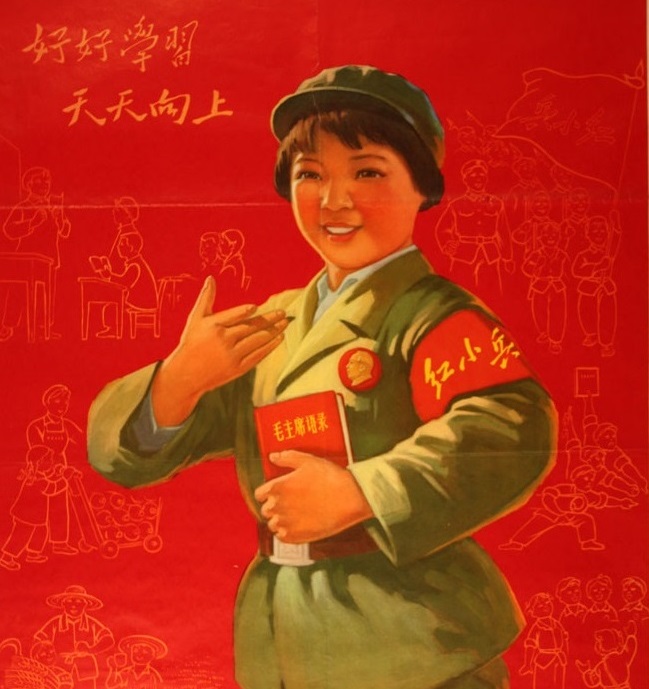
Desiring revolution and revolutionary desire: Gender, sexuality, and politics in three Cultural Revolution memoirs
Asian Review 19 (2006): 3-34.
After more than three decades, the definition of the Cultural Revolution (wenhua da geming 文化大革命), the most controversial chapter in the history of the People’s Republic of China, is still anything but defined. Neither a master script nor a systematic game-plan, even by Mao Zedong 毛泽东 (1893-1976) himself, is to be found to fully explain the momentous movement. Despite the historical ambivalence, or perhaps because of it, there is no shortage of writings about the Cultural Revolution. Political and social-scientific studies that offer different premises about its causes and effects have flooded the field. Likewise, people who went through the chaotic era have their own stories to tell, and they are telling them. This endeavor to remember has initiated an age of memoirs, especially by former “Red Guards” (hongweibing 红卫兵) who were its participants, witnesses, and victims. Filling the emotional gap left by the “objective” analyses, these autobiographies add “subjective” meanings to this episode of Chinese history. A great portion of the world has actually come to know about the Cultural Revolution through these personal accounts. By reconstructing the past into coherent and convincing narratives, these authors “arrive at a truth that is theirs alone, not quite like that of anyone else” who went through the same events. Meanwhile, all of the distinct tales are joined together by the genre of memoir, which has created a “collective” Cultural Revolution.
Focusing on three Red Guard memoirs—Anchee Min’s Red Azalea (1995), Rae Yang’s Spider Eaters (1997), and Liang Xiaosheng’s 梁晓声 Confession of a Red Guard 一个红卫兵的自白(Yige hongweibing di zibai, 1988), this paper examines the most private side of the Cultural Revolution. The entanglement of gender, sexuality, and desire in the web of revolutionary politics forms the central thread of this investigation. The Cultural Revolution is often seen as erratic, horrific, and catastrophic. Yet, it is never “sexual.” Recent scholarship has begun to take notice of the sexual aspects of the movement. The three memoirs, like many other autobiographical works about this period, are saturated with romantic passion and erotic overtones. No matter how high-handed a political discourse is, it cannot erase sexuality completely out of existence in people’s lives, needless to say in the minds of hormone-raging adolescents. The fascinating question is not about how repressive the Chinese regime was, but where sexual desire, or more specifically libidinal energy, goes after repression. Of greater interest than the sexual politics of the Cultural Revolution is its political sexuality.